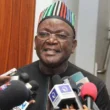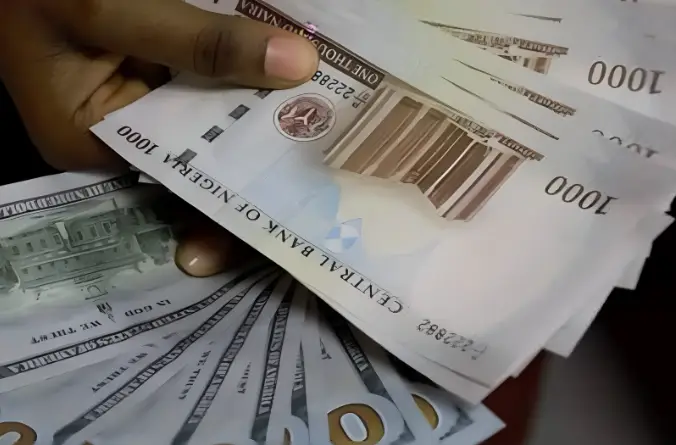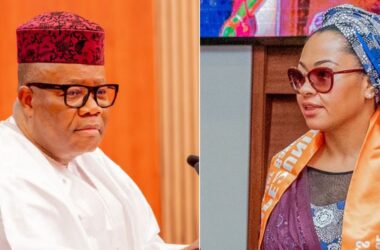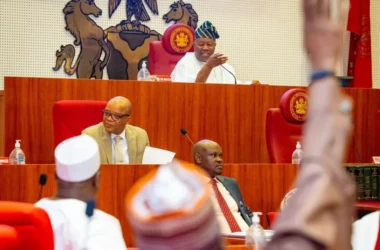The Naira, Nigeria’s local currency, has continued to fall sharply, trading at N1,740 to the U.S. dollar in the parallel market as of last weekend. This depreciation marks a critical point in Nigeria’s currency challenges, driven by a mix of limited supply and high demand for dollars, especially as importers prepare for the year-end holiday season.
Despite this steep decline in the parallel market, the Naira has shown slight stability in the Nigerian Autonomous Foreign Exchange Market (NAFEM). NAFEM’s indicative exchange rate showed a marginal improvement, reaching N1,600 per dollar last Thursday, compared to N1,601.2 previously, according to FMDQ data. Dealers, however, anticipate that the Central Bank of Nigeria (CBN) may intervene soon to curb further devaluation of the Naira.
Experts and dealers predict that the Naira’s depreciation could reach around N1,750 per dollar by month-end and may approach N1,800 per dollar by the close of 2024 if current trends persist. This scenario would erase significant gains made earlier in the year, when the Naira temporarily strengthened from N1,820 per dollar in February to as low as N1,240 per dollar in March. The currency has since been on a depreciation path, which resumed in April, reversing those previous gains.
On a yearly basis, the Naira’s value dropped by approximately 70.5% in the parallel market, declining from N1,000 per dollar in September 2023 to N1,705 per dollar by September 2024. Officially, in the NAFEM market, the Naira also experienced a major depreciation, with rates falling by over 104% from N755.27 per dollar in September 2023 to N1,540.78 per dollar as of September 2024.
CBN Governor Yemi Cardoso recently highlighted the correlation between government disbursements and heightened demand in the foreign exchange market. He stated that “members observed a strong correlation between FAAC releases and liquidity levels in the banking system as well as its impacts on the exchange rates.” In response, the CBN intends to monitor these disbursements more closely to mitigate further currency impacts.
However, Nigeria’s Minister of Finance, Wale Edun, emphasized that the main issue in the foreign exchange market is supply shortage, particularly due to low oil production. He noted, “The key about the foreign exchange market really is supply, and as you know we are an oil-producing country, we just need to get our oil production up.” This view suggests that boosting oil output could ease currency pressures, especially since oil is a primary source of foreign exchange for Nigeria.
In the face of these pressures, forex dealers report that reduced access to dollars through official channels has pushed more buyers into the parallel market. This trend has made dollars scarcer and driven exchange rates upward. A black market trader, Mr. Liasu Moshood, observed that “importers who don’t have access to the official foreign exchange market” are turning to parallel markets for large dollar amounts, fueling further depreciation.
To address these ongoing challenges, the CBN has announced plans to implement a new Automated FX Trading model aimed at improving market transparency and reducing distortions. Expected to be launched in December, this model is designed to “facilitate a market-driven exchange rate accessible to the public,” according to a recent circular from the bank. A two-week test run is scheduled for November to trial this system.










